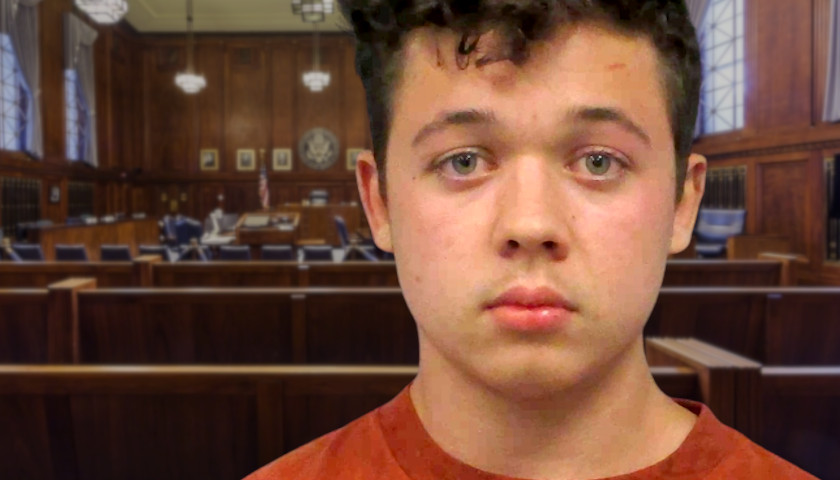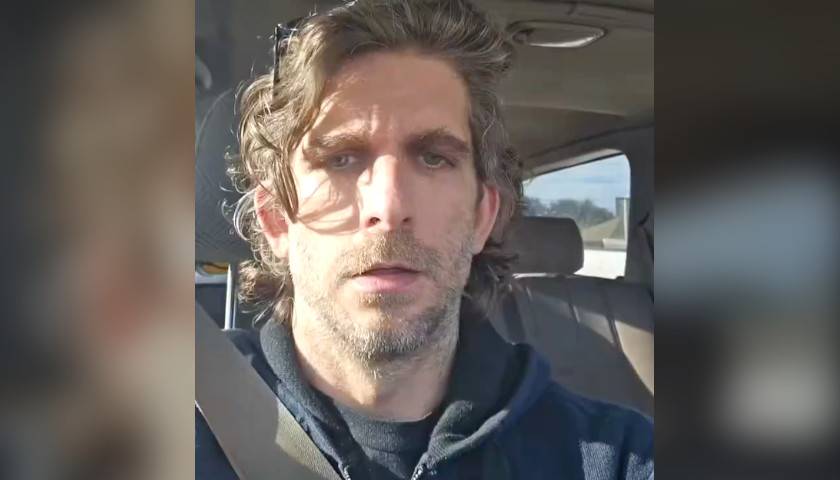In the high-profile trial of Kyle Rittenhouse, accused of intentional homicide after killing two and wounding one during an August 25, 2020 riot in Kenosha, Judge Bruce Schroeder began Monday by dismissing a weapons charge against the 18-year-old defendant.
Count six of the complaint, possession of a dangerous weapon by a minor, was dropped before closing arguments began. That was a lesser charge in the complaint – a misdemeanor punishable by up to nine months in prison. The law in Wisconsin, as interpreted by Schroeder, does not prevent a minor from openly carrying a rifle in Wisconsin. That law only applies to handguns and shorter-barreled weapons.
“Count six is no longer part of your consideration,” Schroeder told the jury after dismissing the charge. “That was the firearm charge. So that won’t be something you’ll need to address. You’ll need to address only the first five counts.”
Before the closing arguments began, five charges against Rittenhouse remained.
Those charges included one count of first degree reckless homicide, two counts of first-degree recklessly endangering safety, one count of first-degree intentional homicide, and one charge of attempted first-degree intentional homicide. All five counts are felonies.
The intentional homicide and attempted intentional homicide charges carry a possible 60-year prison term if Rittenhouse is convicted. The reckless endangerment charges are punishable by up to 12 and a half years in prison.
During closing arguments, the prosecution said that Rittenhouse did not have a legitimate purpose for being in Kenosha that night, stating that he was not there to help people or join Black Lives Matter (BLM) in rioting over the death of Jacob Blake at the hands of police.
Prosecutor Thomas Binger, who has taken fire both from Schroeder and observers of the trial for allegedly violating Rittenhouse’s Fifth Amendment right, argued that Rittenhouse did not act in self-defense.
Rather, he said, Rittenhouse provoked the violence against himself, nullifying his right to self-defense.
Binger’s counterpart on the defense team, attorney Mark Richards, argued that the the rioters provoked Rittenhouse, and thus self-defense was justified.
Richards also countered the prosecutors’ narrative that one of the men Rittenhouse killed, Anthony Huber, was not a threat to Rittenhouse because he was unarmed when he was shot. Instead, he argued Rittenhouse’s life was in danger because Huber attacked Rittenhouse with a skateboard, which could be a lethal weapon.
Both sides dueled over the death of Joseph Rosenbaum, with the prosecution saying that he was too far away from Rittenhouse at the time of the shooting to pose an imminent threat of danger to Rittenhouse. The defense stuck to its story that Rosenbaum was making an attempt to steal Rittenhouse’s gun when he was shot dead.
The jury is expected to begin deliberating Tuesday.
– – –
Pete D’Abrosca is a contributor at The Wisconsin Daily Star and The Star News Network. Follow Pete on Twitter. Email tips to [email protected].




